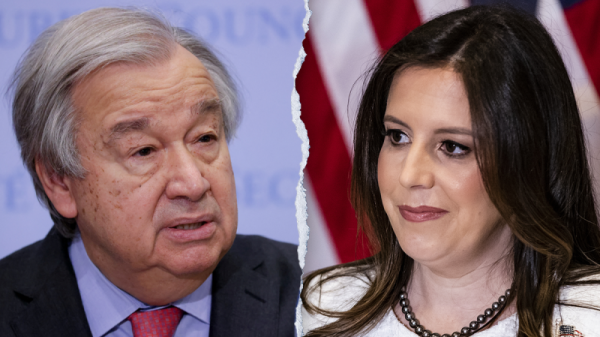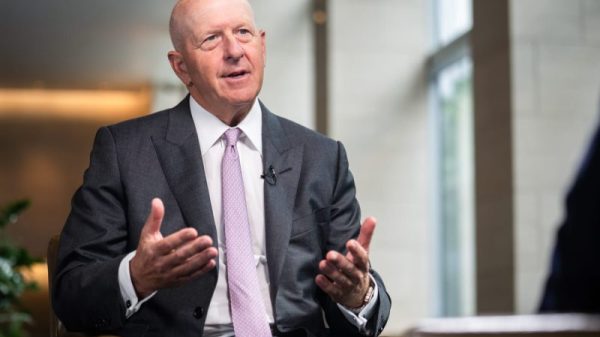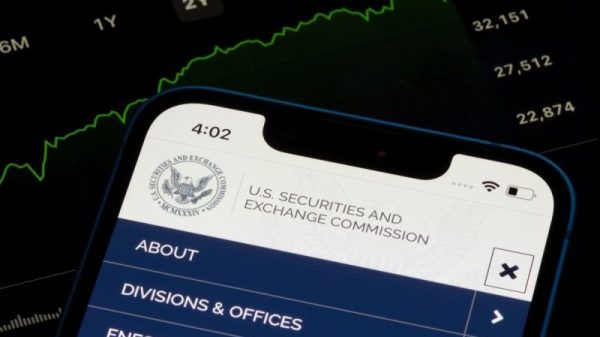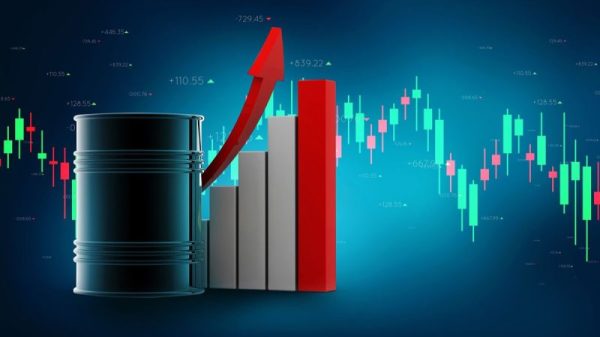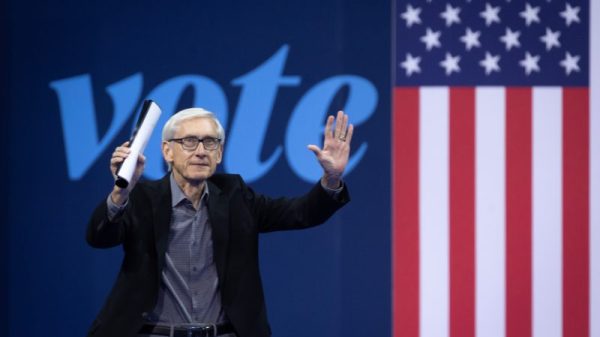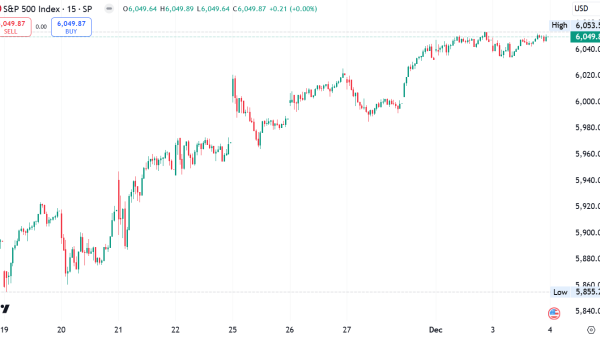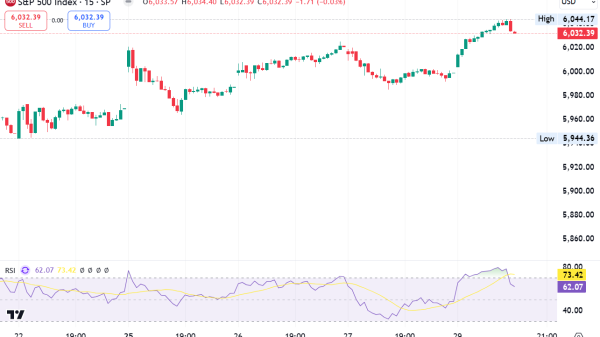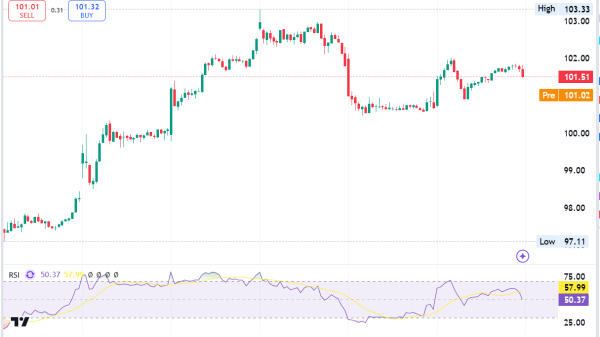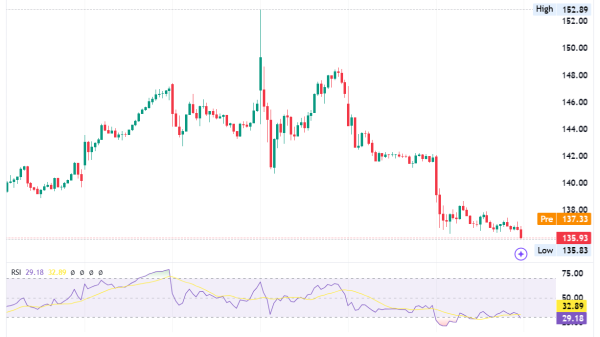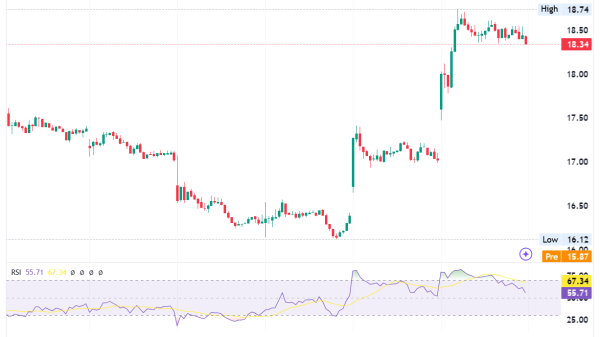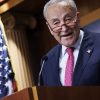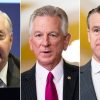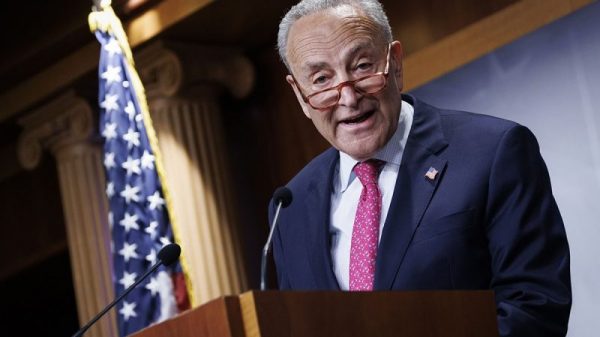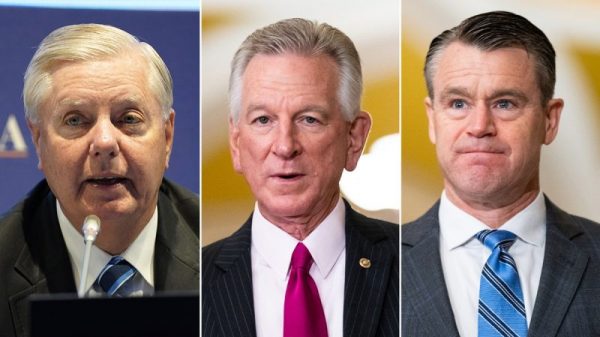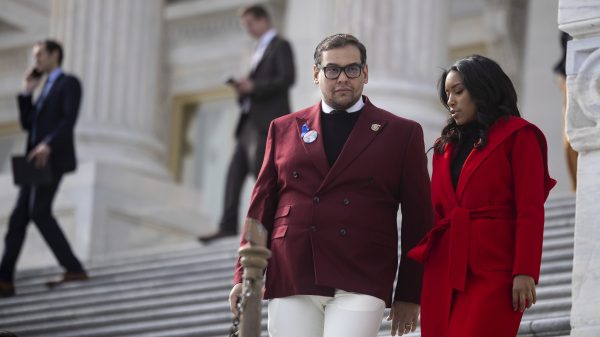The U.S. Federal Reserve may start cutting interest rates before year’s end. That could make future trips abroad more expensive for the nation’s travelers.
That’s due to how interest-rate policy affects the strength of the U.S. dollar.
Here’s the basic idea: An environment of rising U.S. interest rates relative to those in other nations is generally “dollar positive,” said Jonathan Petersen, senior markets economist and foreign exchange specialist at Capital Economics.
In other words, rising rates underpin a stronger U.S. dollar versus foreign currencies. Americans can buy more stuff with their money overseas.
The opposite dynamic — falling interest rates — tends to be “dollar negative,” Petersen said. A weaker dollar means Americans can buy less abroad.
Fed officials in June signaled they expect to cut rates once in 2024 and four additional times in 2025.
“Our expectation for now is the dollar will come under more pressure next year,” Petersen said.
However, that’s not necessarily a foregone conclusion. Some financial experts think the dollar’s strength may have staying power.
“There have been quite a few headlines calling for the U.S. dollar’s demise,” Richard Madigan, chief investment officer at J.P. Morgan Private Bank, wrote in a recent note. “I continue to believe the dollar remains the one-eyed man in the land of the blind.”
The Fed started raising interest rates aggressively in March 2022 to tame high pandemic-era inflation. By July 2023, the central bank had raised rates to their highest level in 23 years.
The dollar’s strength surged against that backdrop.
The Nominal Broad U.S. Dollar Index is higher than at any pre-pandemic point dating to at least 2006, when the central bank started tracking such data. The index gauges the dollar’s appreciation relative to currencies of the nation’s main trading partners such as the euro, the Canadian dollar and the Japanese yen.
For example, in July 2022, the U.S. dollar reached parity with the euro for the first time in 20 years, meaning they had a 1:1 exchange rate. (The euro has since rebounded a bit.)
In early July, the U.S. dollar hit its strongest level against the yen in 38 years.
A strong U.S. dollar gives “a discount on everything you’re purchasing while you’re abroad,” Petersen said.
“In a sense, it’s never been cheaper to go to Japan,” he added.
A record number of Americans visited Japan in April, according to the Asian nation’s tourism board. Benjamin Atwater, a communications specialist at InsideAsia Tours, a travel agency, attributes that partly to the financial incentive bestowed by a strong dollar.
In fact, he personally recently extended a work trip to Japan by a week and a half — instead of opting to travel elsewhere in Asia — largely because of the favorable exchange rate.
Everything from meals, hotels, souvenirs and the rental car were a “great value,” said Atwater, who lives in Denver and has long wanted to travel to Japan.
“It was always portrayed as one of the most expensive places you can go, [but] I was getting some of best steaks I’ve ever had for like $12,” he said.
In reality, the dynamics driving dollar fluctuations are more complex than whether the Fed raises or lowers interest rates.
The differential in U.S. rates versus other nations is what’s significant, economists said. Fed policy doesn’t exist in a vacuum: Other central banks are also simultaneously making interest-rate choices.
The European Central Bank cut interest rates in June, for example. Meanwhile, the Fed has kept rates higher for longer than many forecasters anticipated — meaning the rate differential between the U.S. and Europe has widened, helping support the dollar.
“The Fed’s on hold, other central banks are getting ready to ease and the Bank of Japan (BoJ) seems stuck in a moment,” J.P. Morgan’s Madigan wrote.
“If Japan wants the yen to stabilize, policy rates need to move higher,” he added. “That doesn’t appear to be happening anytime soon. With the ECB expected to cut ahead of the Fed, I expect current euro weakness to also prevail.”
This is happening against the backdrop of a relatively strong U.S. economy, which also generally supports a strong dollar, Petersen said. At a high level, a strong economy means there will generally be higher economic growth and/or inflation, which means a greater likelihood the Fed will keep interest rates relatively high, he said.
A strong economy also typically incentivizes foreigners to park more money in the U.S., he said.
For example, investors generally get a better return on cash when interest rates are high. If an investor in Europe or Asia were getting perhaps 1% or 2% on bank account holdings while such holdings in the U.S. were yielding 5%, that investor might shift some money to the U.S., Petersen said.
Or, an investor might want more to hold more of their portfolio in U.S. rather than European stocks if the economic growth outlook wasn’t good in Europe, he said.
In such cases, foreigners buy dollar-denominated financial assets. They’d sell their local currency and buy the dollar, a process that ultimately bids up the dollar’s strength, Petersen said.
Exchange rates “all come down to capital flows,” he said.
While these dynamics also hold true in emerging markets, currency fluctuations can be more volatile than in developed nations due to factors like political shocks and risks to commodity prices like those of oil, he added.


